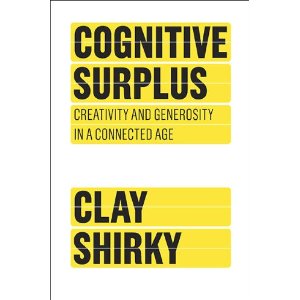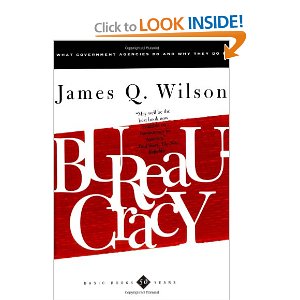
![]() Beyond 5–SPECTACULAR–Integrative & Inspiring,
Beyond 5–SPECTACULAR–Integrative & Inspiring,
August 17, 2010
David Perkins
I bumped this book to the front of the line after reading the galley of Reflexive Practice: Professional Thinking for a Turbulent World which in turn bumped The World Is Open: How Web Technology Is Revolutionizing Education that I had half-finished. The three together make for a stellar collection, with Reflexive Practice also being a 6+ and World is Open very possibly being 6+ as well. Only 98 out of my 1639 reviews have been 6+, so these are in the top 7% of everything I have reviewed. These are “world-changing” books.
Reading this book has been a real treat for me. The combination of white space and modestly-sized font has allowed a great deal of knowledge to be easily presented. I immediately noticed and especially appreciated the manner in which the author has woven the work (book titles) of hundreds of others into his own work. Early on he identifies five contributing literatures:
Continue reading “Review: Making Learning Whole–How Seven Principles of Teaching can Transform Education”







